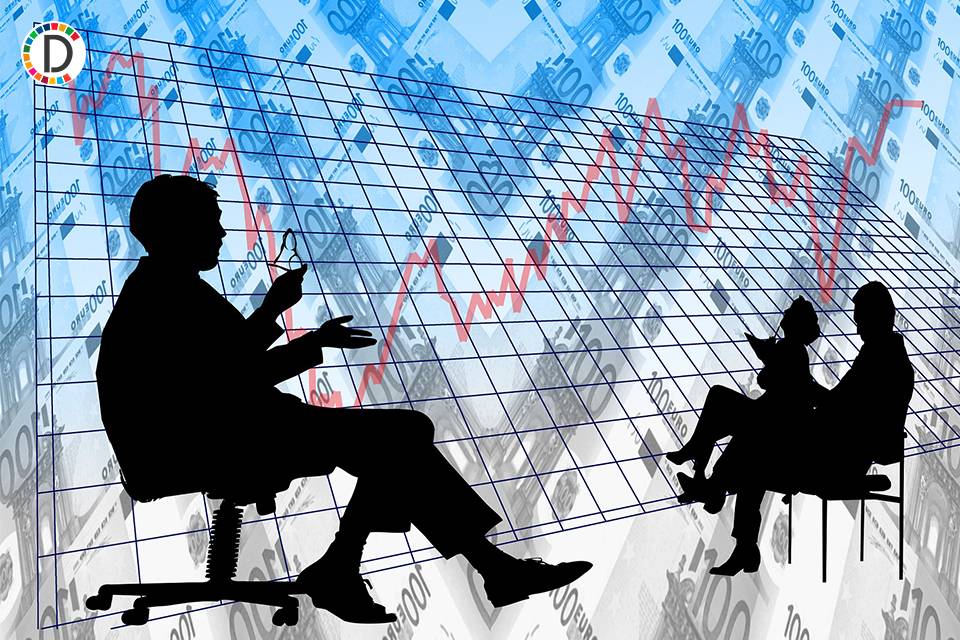Sri Lanka Parliamentary panel headed by PM Gunawardena sets up sub-committee to tackle economic crisis
Sri Lankas Parliamentary panel headed by Prime Minister Dinesh Gunawardena, has set up two special sub-committees on Thursday, including one to tackle the countrys economic crisis. Last week, the National Council was established headed by Gunawardena and 32 members from various political parties to formulate a roadmap to tide over Sri Lankas economic crisis.

- Country:
- Sri Lanka
Sri Lanka's Parliamentary panel headed by Prime Minister Dinesh Gunawardena, has set up two special sub-committees on Thursday, including one to tackle the country's economic crisis. The decision was taken during the inaugural session of the National Council, under Speaker Mahinda Yapa Abeywardena. During the meeting, it was decided that the National Council would form two sub-committees related to national policies and economic stabilisation, the Parliament was informed. Last week, the National Council was established headed by Gunawardena and 32 members from various political parties to formulate a roadmap to tide over Sri Lanka's economic crisis. While speaking at the inaugural session on Thursday, Gunawardena said he was happy to see the participation of members from both sides of the political spectrum, adding that the National Council would further strengthen the Parliament's functioning. On September 1, the International Monetary Fund (IMF) announced that it will provide Sri Lanka with a loan of about USD 2.9 billion over a four-year period to help the island nation overcome the unprecedented economic turmoil. The bailout package is expected to boost the country's credit ratings and the confidence of international creditors and investors. Sri Lanka is facing the worst economic crisis since independence in 1948, which has led to an acute shortage of essential items like food, medicine, cooking gas and fuel across the country. The severe economic downturn, weak Sri Lanka revenues, rising health expenditure and energy needs led to a worsening of the fiscal situation.
While the decline in growth partly led to shrinking revenues, Sri Lanka had to increase spending to safeguard its population from a double-pronged health and energy crisis, primary balance, revenues and expenditures. In mid-April, Sri Lanka declared its international debt default due to the forex crisis. The country owes USD 51 billion in foreign debt, of which USD 28 billion must be paid by 2027. The country's economy is expected to contract by 8.7 per cent in 2022 and inflation recently exceeded 60 per cent.
The impact has been disproportionately borne by the poor and vulnerable, the IMF noted. Sri Lanka, a country of 22 million, plunged into a political crisis in July after former President Gotabaya Rajapaksa fled the country following a popular public uprising against his government for mismanaging the economy.
(This story has not been edited by Devdiscourse staff and is auto-generated from a syndicated feed.)










